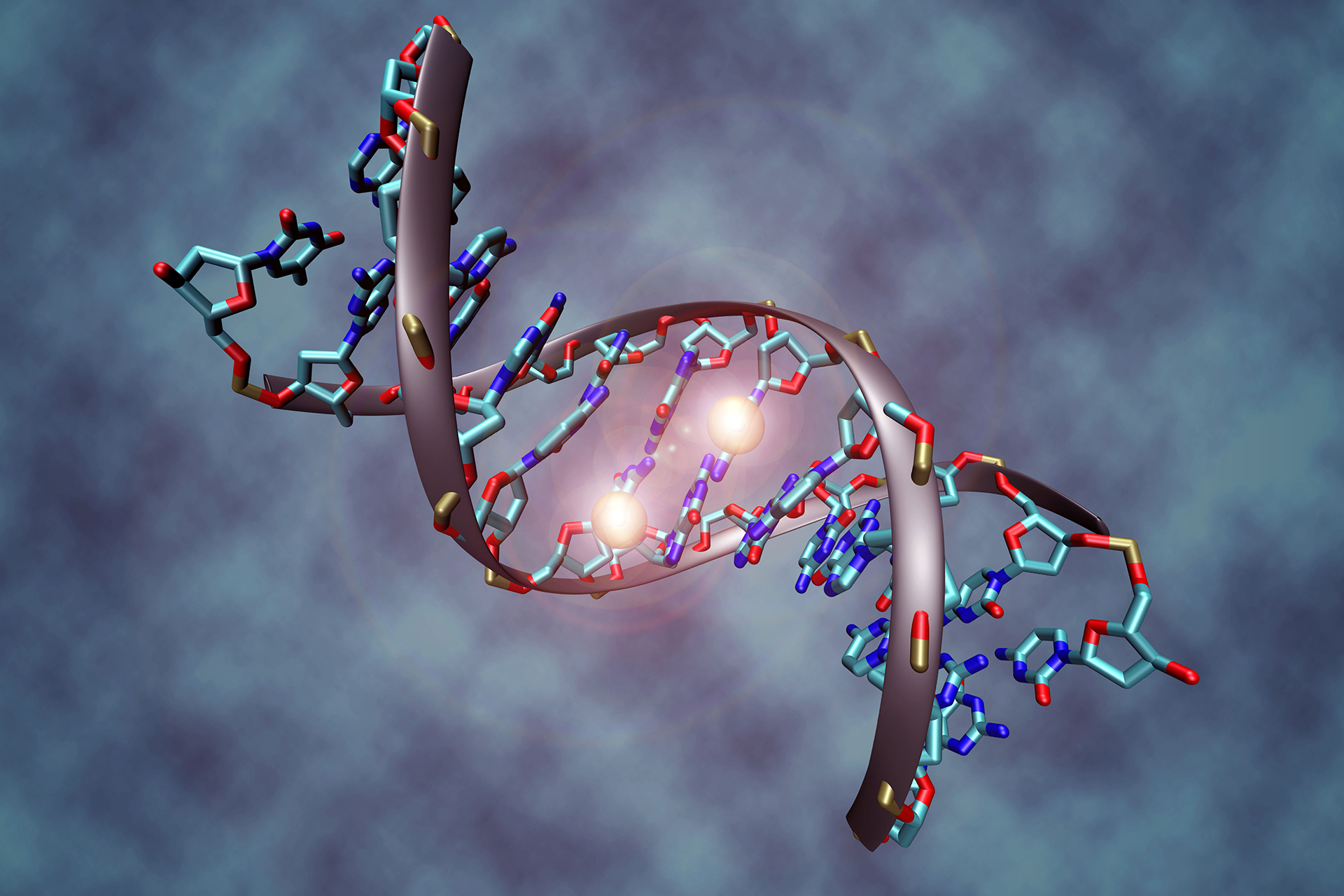Researchers have, for the first time, characterised the epigenetic profile of tumour organoids and made their results available in public databases.
Cancer research is often conducted on two dimensional (2D) models of tumours, such as cancer cells grown in a tissue culture dish. Recently, three dimensional (3D) models have become more widely used. These 3D models – or tumour organoids – can be created from human cancer cells and are grown with a more realistic 3D structure.
Dr Manel Esteller, director of the Joseph Carreras Leukaemia Research Institute, Spain, explains: 'Our study shows that these tumour models can be very useful for the biomedical research community and the pharmaceutical companies developing anti-cancer drugs.'
The research team, led by Dr Manel Esteller, looked at 25 human cancer organoids from the American Type Culture Collection (ATCC) and analysed their epigenetic profiles. Epigenetic profiles are modifications of DNA that can alter which parts of the genetic code are used within a cell. One such epigenetic modification is DNA methylation. The research, published in the journal Epigenetics, found that the DNA methylation patterns in the organoids corresponded more closely to the tumour they originated from than to established 2D cell lines.
This research promises to fill the gap in knowledge about epigenetic profiles of organoids and to provide an alternative to 2D cultures which might not be the most reliable tool for predicting which therapies work well in the clinic. Many compounds that look promising when tested in 2D cell lines show no benefit when used in patients. One possible cause is that 2D cancer cell lines have often been established several decades ago and are grown in a less natural 2D format.
Perhaps most importantly, the groups’ results are available to other researchers via public databases. Dr Esteller explains the implications: 'We have deposited all the obtained results in easily accessible public databases, and, in this manner, everyone can perform further data mining to produce new cancer discoveries using different biometric approaches or focusing on particular genes. And most importantly, the characterised cancer organoids can be readily obtainable from a reliable provider (the ATCC), so researchers around the world can use the epigenetic information of these sharable samples to develop their investigations.'





Leave a Reply
You must be logged in to post a comment.